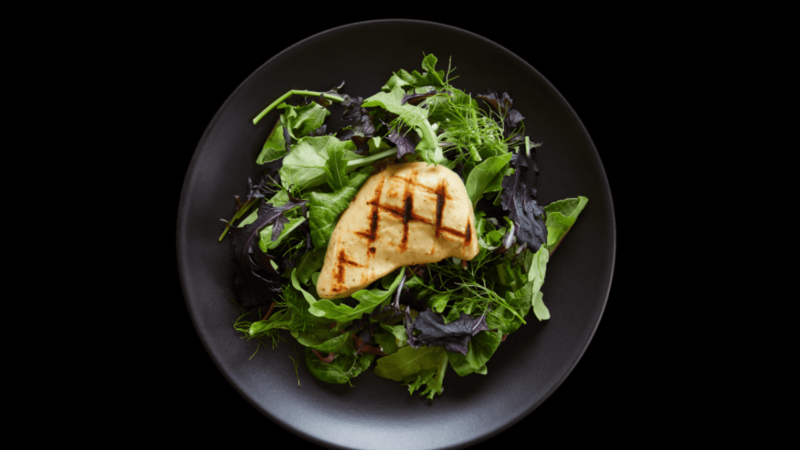The Slaughter-Free Future of Cultured Meats
Real factories are beginning to replace factory farms.

GOOD Meat, the cultivated meat division of Eat Just Inc. just announced that it has contracted with bioreactor construction company ABEC to build a large-scale cultivated meat facility in the United States. When operational, gigantic vats at the factory will produce 30 million pounds of chicken and beef meats annually. The company nurtures real animal muscle and fat cells in a growth medium derived from plants and yeast. Their cultivated chicken is already being sold in Singapore.
Assuming that the company grows 15 million pounds of each meat, that would be enough chicken and beef to feed 150,000 and 250,000 Americans respectively. That much cultivated meat would also mean 6 million fewer chickens and 20,000 fewer cows would need to be slaughtered each year.
The environmental benefits of shifting from conventional to cultivated meats would be substantial according to a 2021 life cycle analysis by researchers at the Dutch consultancy CE Delft. Assuming renewable energy is used in both conventional and cultivated meat production, vat-grown meats reduce global warming impacts by 17 percent, 52 percent, and up to 92 percent compared to conventional chicken, pork, and beef production, respectively. And compared to conventional meats, the production of cultivated meats is projected to cut land use by 63 percent to 95 percent and water use by 51 percent to 78 percent.
GOOD Meat is far from alone in ramping up cultivated meat production. Competitors include UPSIDE Foods, Meatable, Wildtype Foods, and Aleph Farms.
In 2019, the U.S. consultancy AT Kearney estimated that 35 percent of all meat will be cultured and 25 percent will be plant-based replacements by 2040.
UPSIDE Foods' chief operating officer, Amy Chen, told The Guardian that before she agreed to join the company, she had to taste its meats. "I had that first bite and realized that it was simultaneously one of the most unremarkable things and one of the most remarkable things I've ever eaten. It's just meat," she said. I am looking forward to that same experience some time in the next couple of years.
For more background, see my 2020 article, "Is Farm-Free Food the Future?"


Show Comments (119)